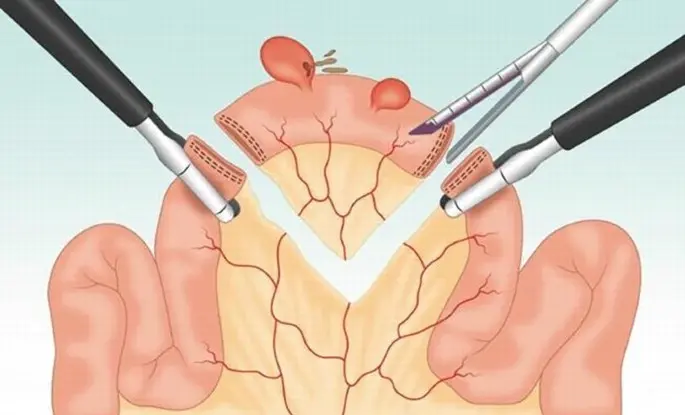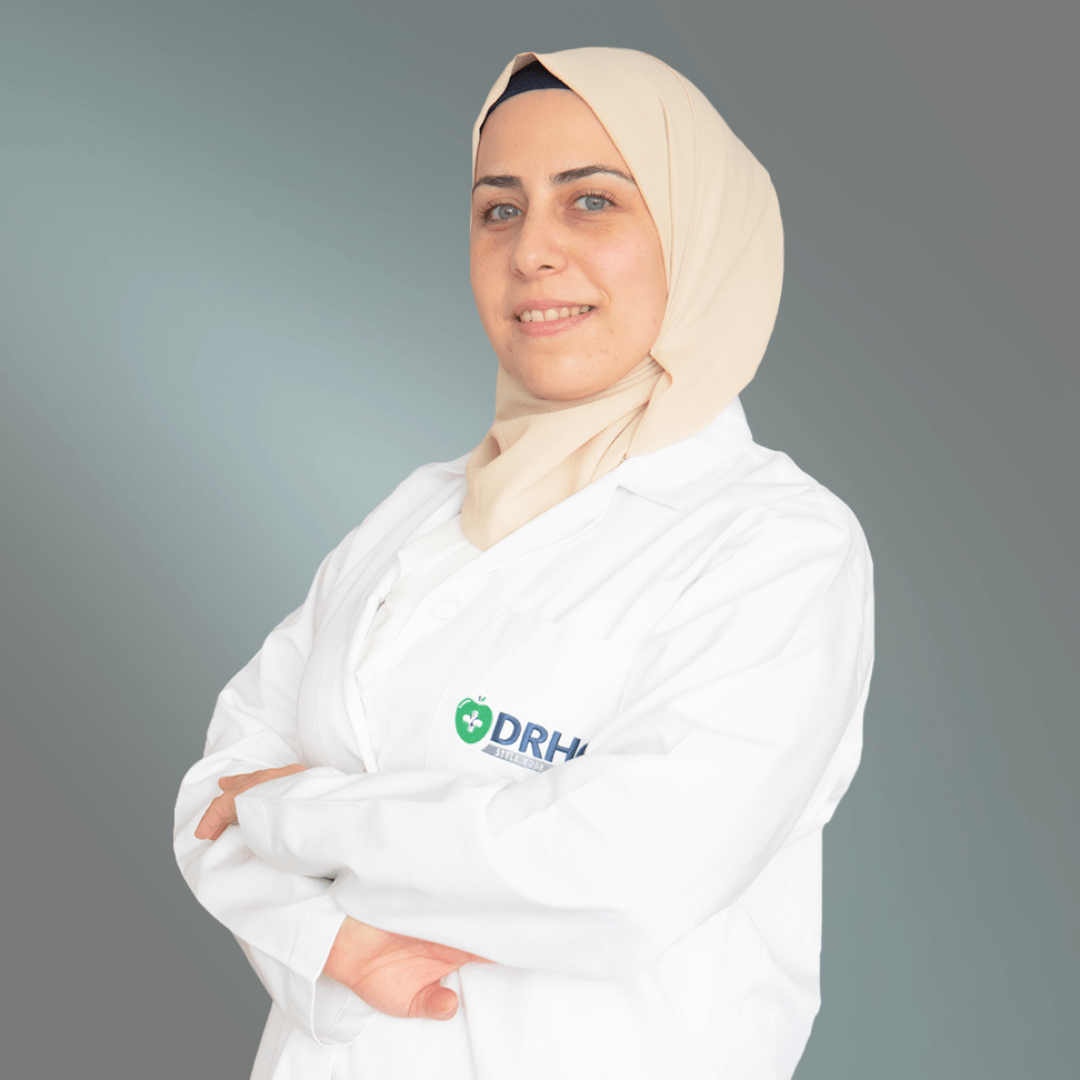Diverticular Disease (Small Bowel Section) at DRHC Dubai Gastroenterology Clinic
What is Diverticular Disease of the Small Bowel?
Diverticular disease refers to the presence of small pouch-like structures (diverticula) that form in the small intestine's lining. While diverticula commonly occur in the colon (large intestine), they can also develop in the small bowel, particularly in the jejunum and ileum. These pouches may remain asymptomatic or lead to complications such as inflammation, infection, or perforation.
Causes and Risk Factors
The exact cause of small bowel diverticular disease is not fully understood, but several factors may contribute to its development:
- Aging: It is more common in individuals over 50 years old.
- Chronic Constipation: Increased pressure in the intestines may lead to pouch formation.
- Dietary Factors: A low-fiber diet can contribute to digestive issues and diverticula development.
- Genetic Predisposition: Family history may increase the likelihood of developing the disease.
- Connective Tissue Disorders: Conditions such as Ehlers-Danlos syndrome or Marfan syndrome can weaken intestinal walls.
- Chronic Inflammation: Conditions like Crohn’s disease may increase the risk.
Symptoms of Small Bowel Diverticular Disease
Many individuals with small bowel diverticula remain asymptomatic. However, symptoms may arise if complications develop, including:
Diagnosis of Small Bowel Diverticular Disease
Diagnosing diverticular disease of the small bowel may require multiple imaging and diagnostic tests, such as:
- CT Scan: Helps identify inflamed or infected diverticula.
- Small Bowel Follow-Through (SBFT): Uses contrast imaging to examine the small intestine.
- Capsule Endoscopy: Allows direct visualization of the small bowel.
- Colonoscopy: Though primarily for the colon, it may help rule out other conditions.
- Blood Tests: May indicate infection or anemia due to bleeding.
Treatment Options for Small Bowel Diverticular Disease
The treatment approach depends on the severity of symptoms and complications:
1. Conservative Management (For Mild Cases)
- A high-fiber diet to promote bowel regularity
- Adequate hydration
- Probiotics to support gut health
- Pain management with mild analgesics
2. Medications
- Antibiotics for bacterial infections
- Antispasmodics to relieve abdominal pain and cramping
3. Surgical Intervention (For Severe Cases)
- Resection Surgery: Removal of the affected portion of the small intestine.
- Bowel Anastomosis: Connecting the remaining healthy parts after resection.
- Emergency Surgery: Required in cases of perforation, severe bleeding, or obstruction.
Preventive Measures
- Maintain a high-fiber diet rich in fruits, vegetables, and whole grains.
- Stay hydrated to support digestion.
- Exercise regularly to promote bowel movements.
- Avoid excessive use of nonsteroidal anti-inflammatory drugs (NSAIDs), which can irritate the gut.
Why Choose DRHC Dubai for Diverticular Disease Treatment?
At DRHC Dubai, our expert gastroenterologists and surgeons provide comprehensive care for the diverticular disease of the small bowel. We offer:
- State-of-the-art diagnostic facilities
- Personalized treatment plans tailored to each patient’s condition
- Minimally invasive surgical options for faster recovery
- Multidisciplinary approach involving dietitians and physiotherapists
.png?width=281&height=59&name=bookanappointment%20(1).png)
Dubai Gastroenterology Clinic — Dr. Rami Hamed Center now provides the leading gastroenterologist in Dubai for Gastric balloons, Colonoscopies, Colon Cancer Screening, and more. DRHC offers highly qualified liver specialist doctors in Dubai. Call +97142798200 to Book your Appointment Today at DRHC Dubai.




.png?width=281&height=59&name=bookanappointment%20(1).png)




